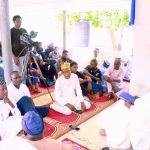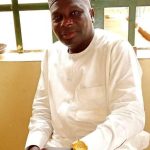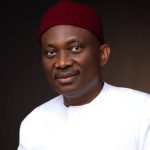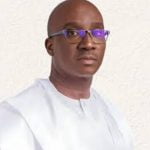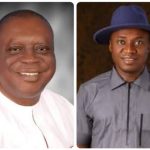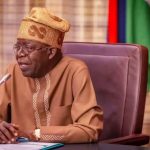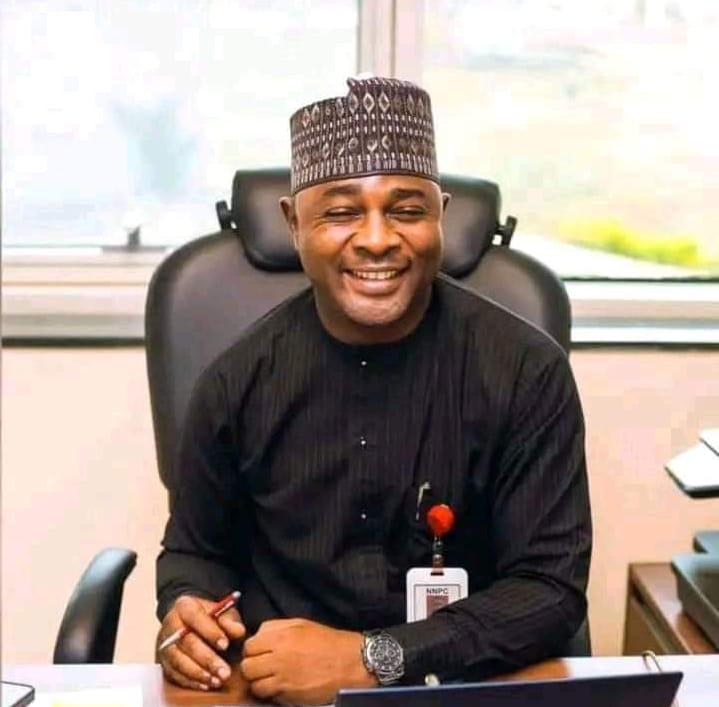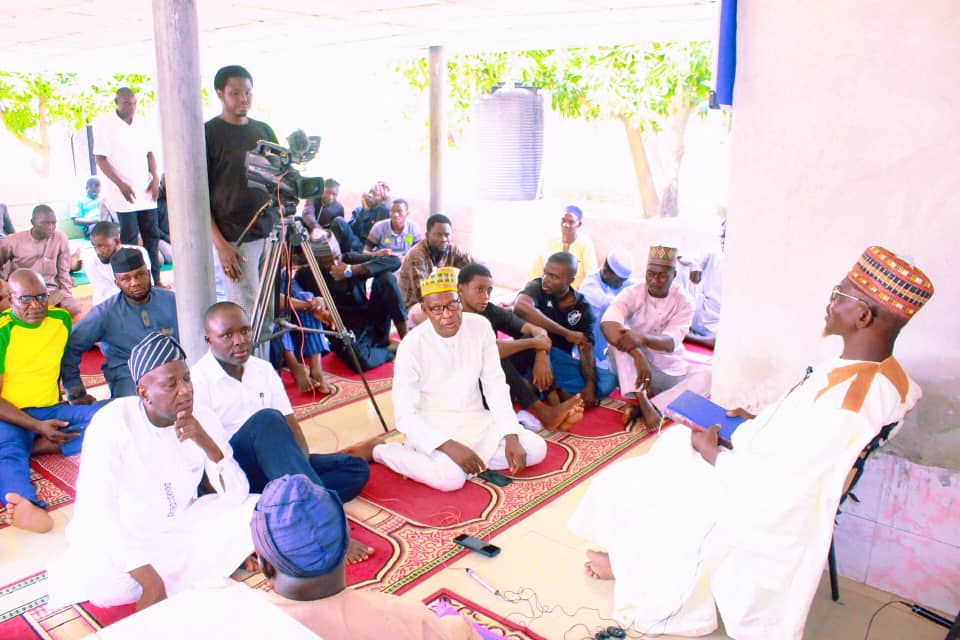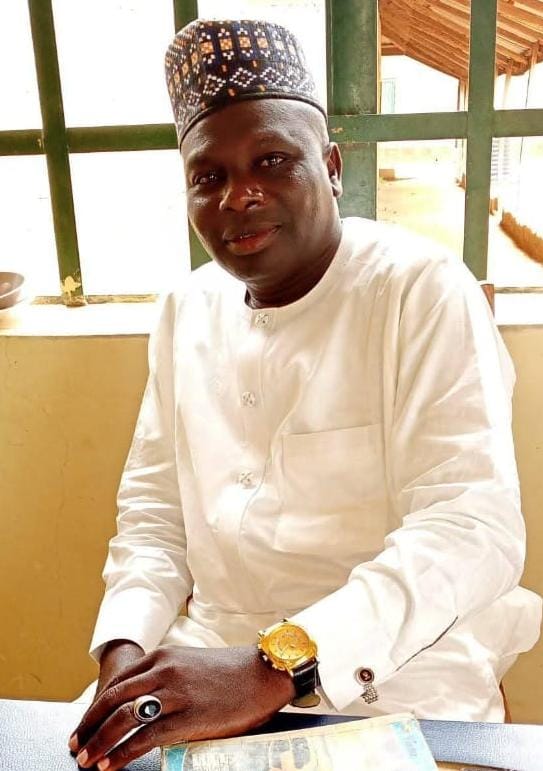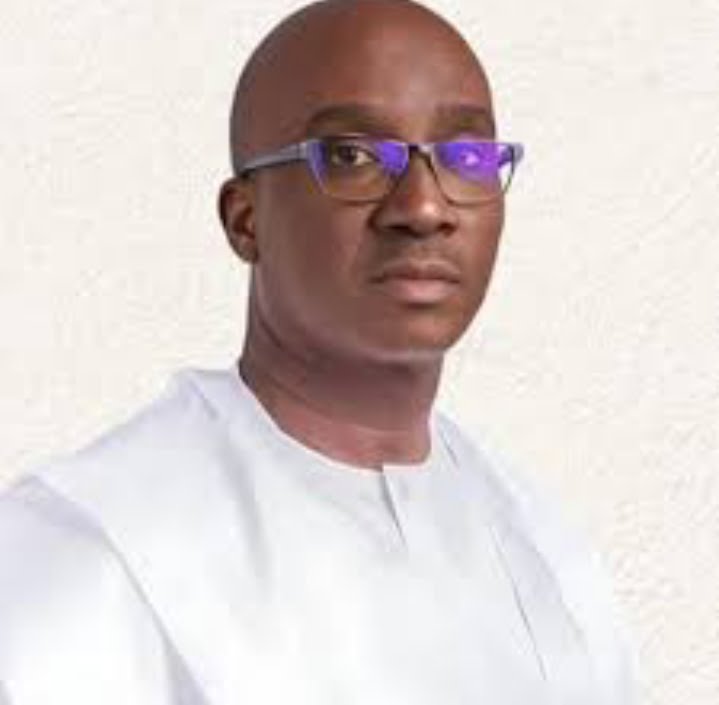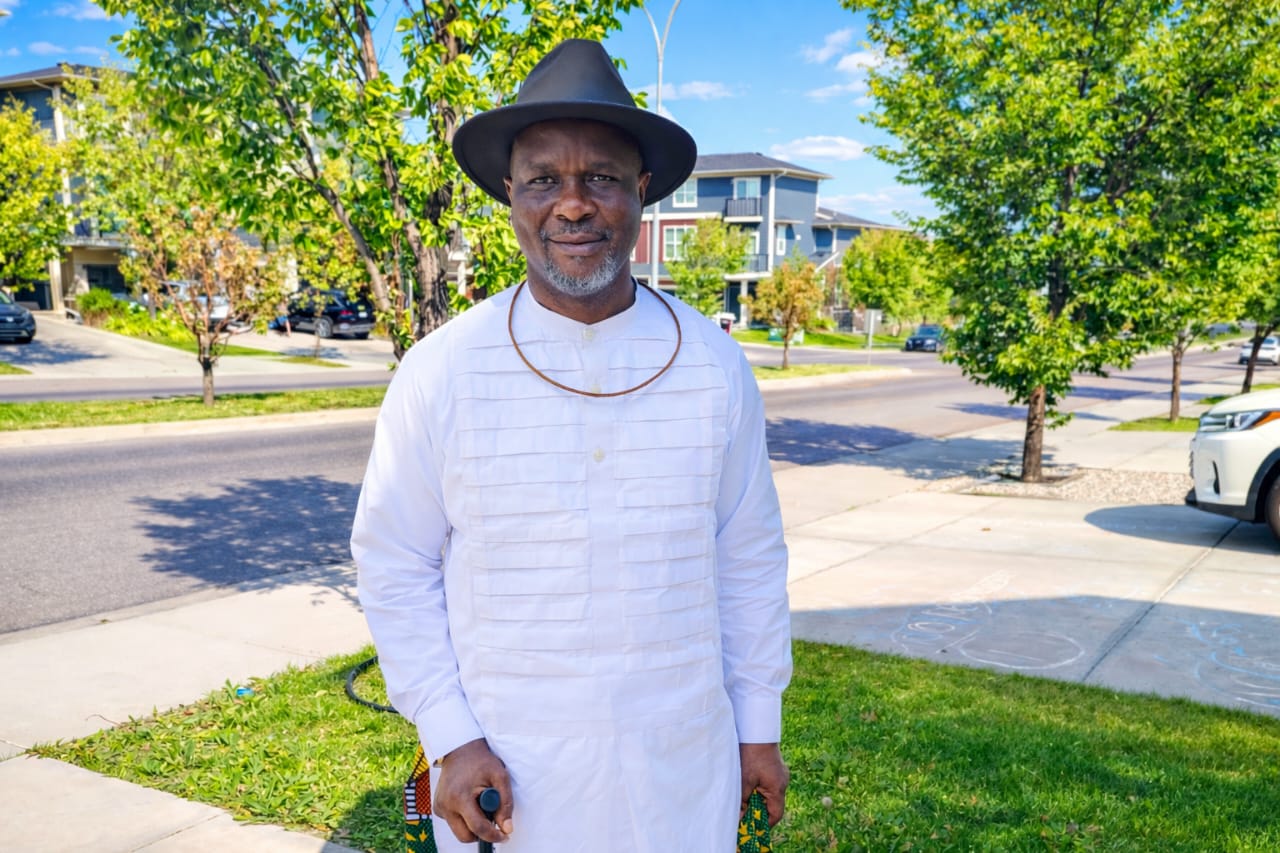What we do is not political performance, it’s who we are., Service is part of my DNA – Maikaya
From Abel Leonard, Lafia
Dr. Musa Muhammed Maikaya on True Leadership and Service in today’s political climate, where ambition often appears as a mere ladder to power, Dr. Musa Muhammed Maikaya, former All Progressives Congress (APC) gubernatorial aspirant in the 2019 Nasarawa State Governorship election, offers a refreshing perspective. For him, true leadership begins with service—a commitment to the people’s welfare before personal gain.
Let’s start from 2019. You contested for the APC gubernatorial ticket. What drove that ambition?
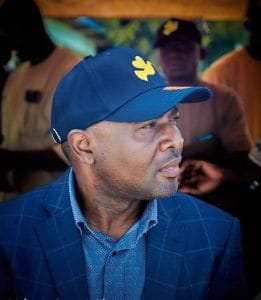
My decision to run was never about personal elevation; it was about contributing to the collective good of Nasarawa State. We saw gaps that needed to be filled in governance, in youth empowerment, and in inclusive development. I believed we had something to offer—a vision, a track record of service, and a plan rooted in the real needs of our people.
Even though I didn’t clinch the ticket, I remained fully committed to the party and its goals. The candidate who emerged won the governorship, and I considered that our collective victory. At the end of the day, power belongs to God, and I strongly believe that when one of us rises, it is a call for the rest to support and build together.
Many people say you haven’t relented since then from philanthropy to grassroots development. What has sustained your drive?
What we do is not political performance — it’s who we are. Service is part of my DNA. Whether it’s in or out of government, I believe leadership is about impact. Through the Maikaya Development Foundation, we’ve empowered communities, funded education, improved healthcare, and promoted unity through youth engagement.
We don’t wait for election season to act. In 2025 alone, we’ve awarded scholarships to over 600 students. We enrolled 750 people into the state health insurance scheme, funded solar lighting for markets in Karu, dug boreholes, and provided startup support for young entrepreneurs. These are not handouts they are investments in people.
You’ve mentioned youth engagement several times. How central are young people to your vision of governance?
They are absolutely central. No society thrives if its youth are idle, excluded, or without hope. In Nasarawa and Nigeria as a whole, we must move from tokenism to strategic youth inclusion.
We need youth in leadership, in policy-making rooms, and in critical economic sectors. But beyond appointments, we must build their capacity, provide access to finance, and support innovation. Leadership today must focus on unlocking the full potential of the next generation.
Our football tournaments, digital trainings, and skills programmes are part of that vision. These platforms keep youths engaged and socially connected while building values like discipline, teamwork, and leadership.
The pressure is building for you to contest again in 2027. How are you processing this public call?
It’s very humbling. I am grateful for the encouragement from elders, women, youths, and traditional institutions. But as I’ve always said, leadership is not a race to be run out of pressure. It’s a sacred responsibility.
We are consulting widely. We are listening. Governance is not a one-man affair — it requires the trust and input of stakeholders. When the time is right and the people believe it aligns with God’s will, we will respond in the best interest of Nasarawa State.
What would governance under your leadership look like? What principles would guide you?
Three things: Inclusion. Continuity. Accountability.Inclusion: Every citizen must be valued, regardless of tribe, gender, religion, or geography. Policies must be inclusive, especially for marginalised communities.Continuity: We must consolidate on the gains of past administrations. Governance is not about abandoning what others started. We must refine, expand, and sustain progress. Accountability: Government is a trust. Leaders must answer to the people, not just during elections, but every day. Transparency in budgeting, procurement, project execution, and delivery is key.
If given the opportunity, we will strengthen institutions, invest in people, and govern with empathy and discipline.
How do you intend to deal with insecurity and unemployment, two of the biggest challenges in the state?
You can’t solve insecurity without addressing unemployment — and vice versa. The root of both is economic disempowerment and lack of belonging.
We need a holistic approach:Economic Empowerment: Support SMEs, promote local industries, and provide vocational and digital skills training.Community Security Architecture: Engage traditional rulers, religious leaders, vigilantes, and youth leaders in intelligence gathering and early warning systems.Re-orientation: Use civic education and media to promote unity, tolerance, and patriotism.Partnerships: Work with development agencies, donor organisations, and security institutions for modern tools and coordinated responses.
We need smart investment in people and strong collaboration between government and communities.
How has your humanitarian work shaped your perspective on leadership and governance?
Profoundly. When you spend time in remote communities, you see leadership differently. It becomes less about power and more about purpose. You start asking, How can I solve this child’s problem? How can this widow feed her family? Why is this borehole still dry?
That’s where policy must begin — from the ground, not the top. My humanitarian work has taught me to listen more than speak, to involve the people in their own development, and to never lose sight of human dignity. Majority of the people I assist I don’t know and never intend to know them.
What legacy do you hope to leave behind — whether in politics or philanthropy?
I want to be remembered as someone who served with sincerity. Someone who uplifted lives without expecting anything in return. Someone who respected the people, and the platform God gave him.
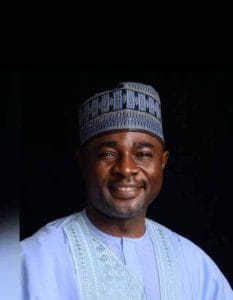
Whether or not I occupy political office, my work will continue. But if God and the people call me to lead again in 2027, I will see it as an assignment to deepen impact, not seek applause.
To my dear people across the 13 local government areas of Nasarawa State, I thank you for your belief in me. To the youth, you are not tomorrow’s leaders; you are today’s drivers of change. Be focused, stay disciplined, and keep building your capacity.
Let us continue to unite, to support good governance, and to promote peace. Leadership is a gift from God, and when the time is right, He will make His will clear. Until then, let us all lead where we are, serve how we can, and work together for a better Nasarawa.
